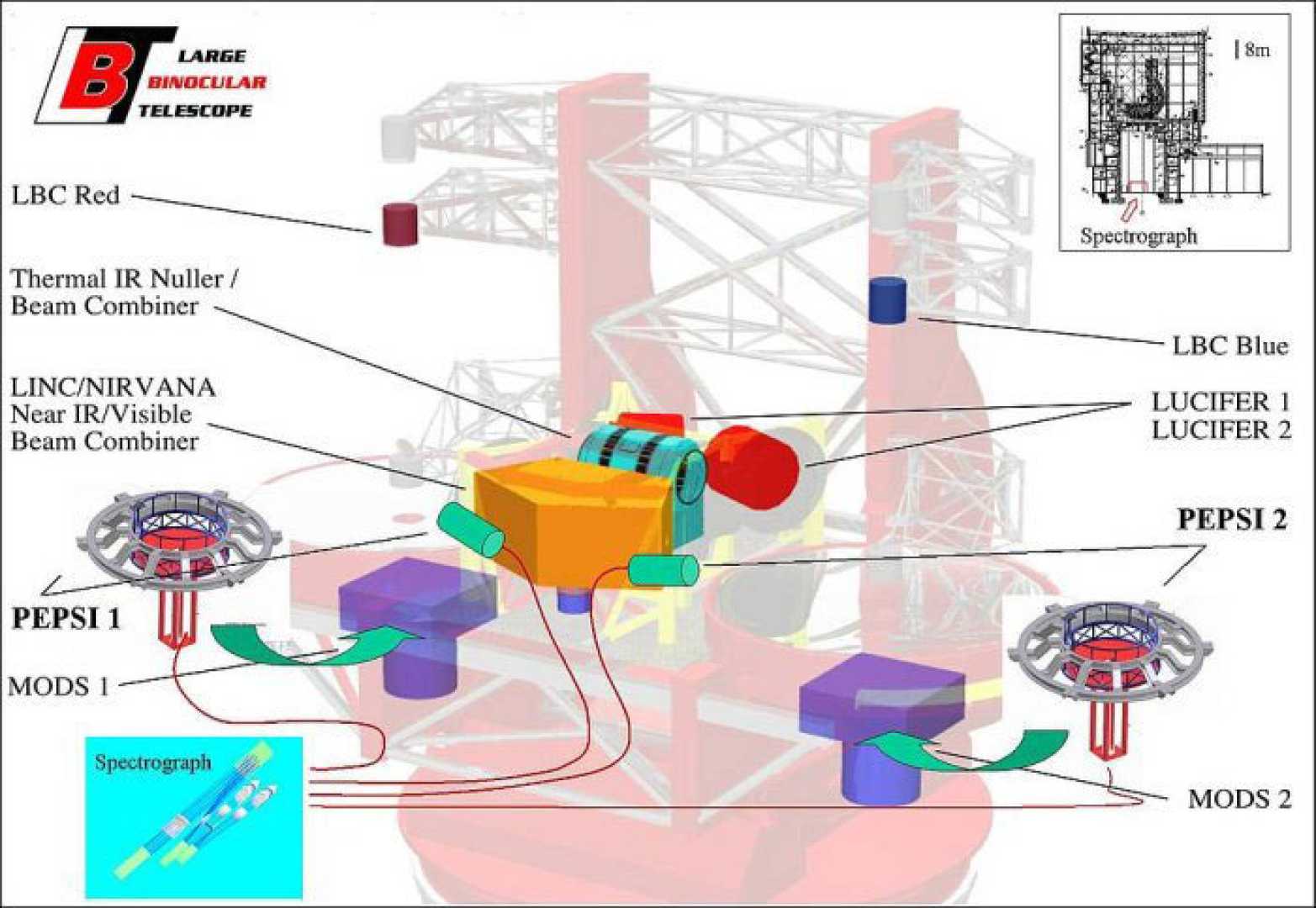NASA Awards $1 Million for Transformative Telescope Project

TUCSON, Ariz. — Jacob Isbell, a postdoctoral researcher at the University of Arizona, has received nearly $1 million from the National Science Foundation to develop a new optical instrument for the Large Binocular Telescope (LBT). The project, known as the LBT Interferometer Visible Extension (LIVE), aims to significantly enhance the telescope’s abilities in visible-light imaging.
“I’m thrilled about what the LIVE project makes possible,” Isbell said. He highlighted that LIVE is an international effort that extends proven techniques used in the LBT Interferometer into the visible-light spectrum, allowing scientists to observe the universe with unmatched clarity.
Receiving such prestigious federal funding as a principal investigator is uncommon for a postdoctoral scholar. This selection underscores both Isbell’s potential and the University of Arizona’s commitment to supporting early-career researchers. This award also aligns with the university’s goals of promoting research excellence and creating learning opportunities for students.
“Projects like LIVE help us confront some of the most profound questions in science—how stars live and die, how planets form, and where life might exist beyond Earth,” said Tomás Díaz de la Rubia, senior vice president for research and partnerships at the university. “It’s this kind of bold, curiosity-driven research that positions U of A at the leading edge of discovery.”
LIVE will utilize LBT’s twin 8.4-meter mirrors to function as a single telescope with an effective diameter of 28.8 meters through interferometry. This advancement will allow researchers to image intricate structures in protoplanetary disks and observe changes on moons such as Io and Europa. The project will also map environments around supermassive black holes.
“The LIVE award will provide important new capability at the Large Binocular Telescope and will result in exciting advances in our knowledge of the cosmos,” said Joseph Shields, LBT Observatory director. “This initiative continues LBT’s tradition of discovery driven by innovation.”
In collaboration with participants from Germany, Italy, and Mexico, the LIVE project will provide extensive training in adaptive optics, interferometry, and optical engineering for undergraduate and graduate students. This aligns with the university’s mission to connect foundational research with educational opportunities, preparing the next generation of scientists.
